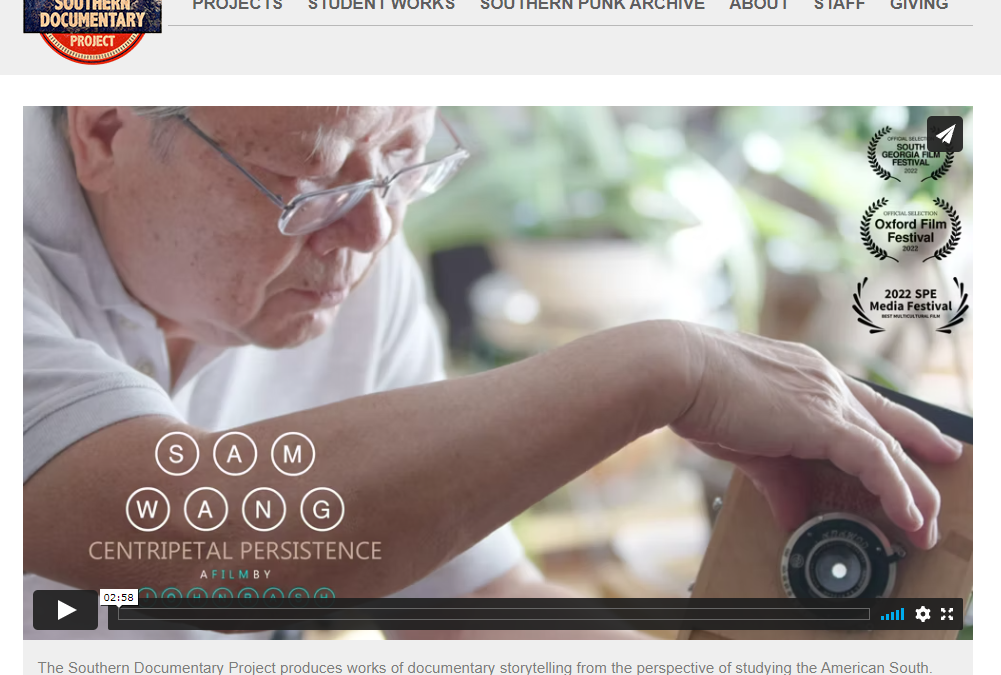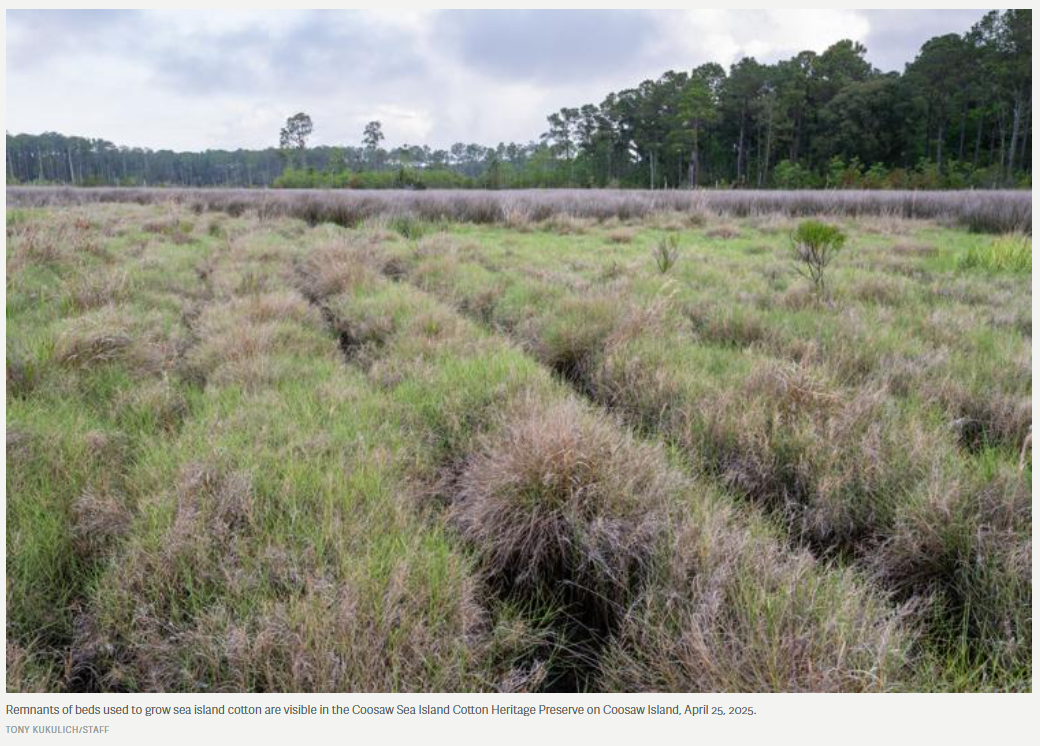Leaving Mississippi provided a new perspective for one University of Mississippi professor, who was later inspired to return and tell honest stories about the South and state through film.
Filmmaker Andy Harper is the director of UM’s Southern Documentary Project and a Center for the Study of Southern Culture faculty member.
Born in Hattiesburg, Harper attended Millsaps College in Jackson, majoring in English, and earned a master’s degree in history from the University of Southern Mississippi.
He later earned a Ph.D. in environmental history from the University of Northern Arizona. After three years of living in Flagstaff, Harper traveled to Montana for two years to write his dissertation and teach. He then returned to Mississippi and was hired by UM to work in Southern Studies.
Harper first became interested in documentary filmmaking while earning his master’s degree and training in oral history. At UM, he took over a department called the Television Resource Center with the goal of creating something more academic.
“To me, that meant creating a documentary project center,” he said.
Harper has been involved with many films during his time with the Southern Documentary Project. SouthDocs teaches and mentors undergraduate and graduate students in the Southern Studies academic programs who learn to tell Southern stories.
Early on, Harper worked in the field, but progressively moved into an administrative role. He has made films about the Southern Foodways Alliance, an institute of the Center for the Study of Southern Culture dedicated to the documentation, study and exploration of the foodways of the American South. He also worked on a film about former governor, William Winter, that won an Emmy, and he has told stories through film about the aftermath of Hurricane Katrina.
This work translates into his teaching. Over the last 20 years, Harper said the work he is most proud of is interacting with students who have produced their own films.
“I know people say it, but in my case its true,” he said. “I think I’ve learned more from students than what I have taught them. It wasn’t until I became a better listener that I became a better teacher.”

Harper said his favorite parts of filmmaking are collaborating with other filmmakers and producers, the editing process, and deciding what stories to tell. He said teaching has been satisfying, and he has made many memories with students.
“What I remember is is all the folks that I’ve been able to pose in pictures with at the end of the year with my fancy gown and their fancy gowns on, and then to watch them go on to start their careers,” he said. “Many of them who have babies now, their babies are growing up … I think that’s meant more to me than any particular project.”
Christina Huff is an MFA student at Ole Miss who Harper has known for many years. She has come to appreciate him as a mentor and friend.
“Andy Harper has been an advisor and a mentor for me since I was an undergraduate student here at the University of Mississippi,” Huff said, “and there is honestly no way to explain how kind, patient, and dedicated he is to his students. He has made a huge impact on me, not only as his pupil, but as a person as well. All I can say is that I am incredibly lucky to have been mentored by him, and I am even more lucky to have him as a lifelong friend.”

The South and Mississippi play a prominent role in Harper’s career. He used the perception of Mississippi he gathered from others in his time away to ponder his work.
“You can either be one of the people that stands out there and throws darts, or you can come back and try to do something about it. I decided to come back and do something about it.”
Andy Harper
“I don’t know what impact that’s had,” Harper said, “but to me, it was teaching and then later storytelling. So we try to pick stories that we think we think are going be critical, but yet tell people what a nuanced version of what this place is that we call home is like.”
The COVID-19 pandemic created challenges for Harper. The Southern Documentary Project was essentially put on hold, and teaching was done through Zoom meetings. He laments the loss of time in filmmaking, but said teaching wasn’t affected much.
“It definitely impacted the storytelling,” he said. “We weren’t able to go out and tell the kinds of stories we were able to tell and, consequently, some are lost. But the teaching part, we were still able to do most everything.”
One of the most important lessons he’s learned is to listen. He said critical listening is important for telling stories. He also said: Find a story and invest yourself in it enough to tell it well.
“Be earnest and sincere about the work, and the rest of it begins to take care of itself,” he said.
Harper said there is more to come from the Southern Documentary Project.
“How can we be more critical,” he said. “How can we tell the important stories that need to be told in this state, and do them in a way with some kind of outcome that is helpful. I think that’s what you’ll see come next out of the Southern Documentary Project.”
–oxfordstories.net



